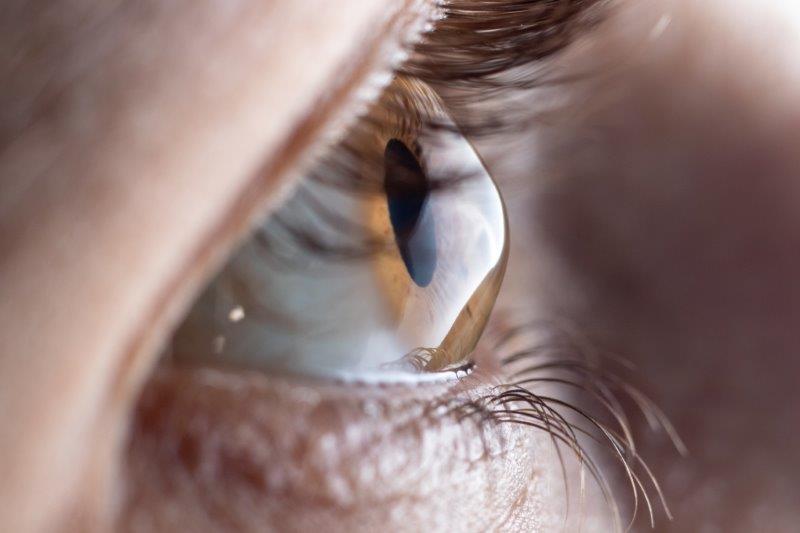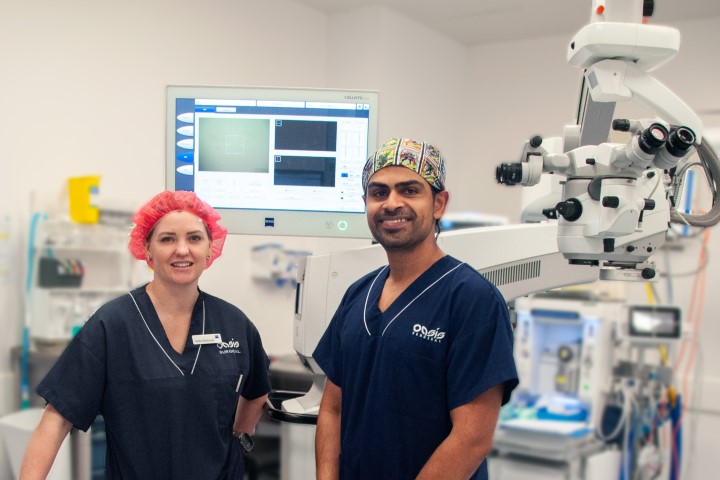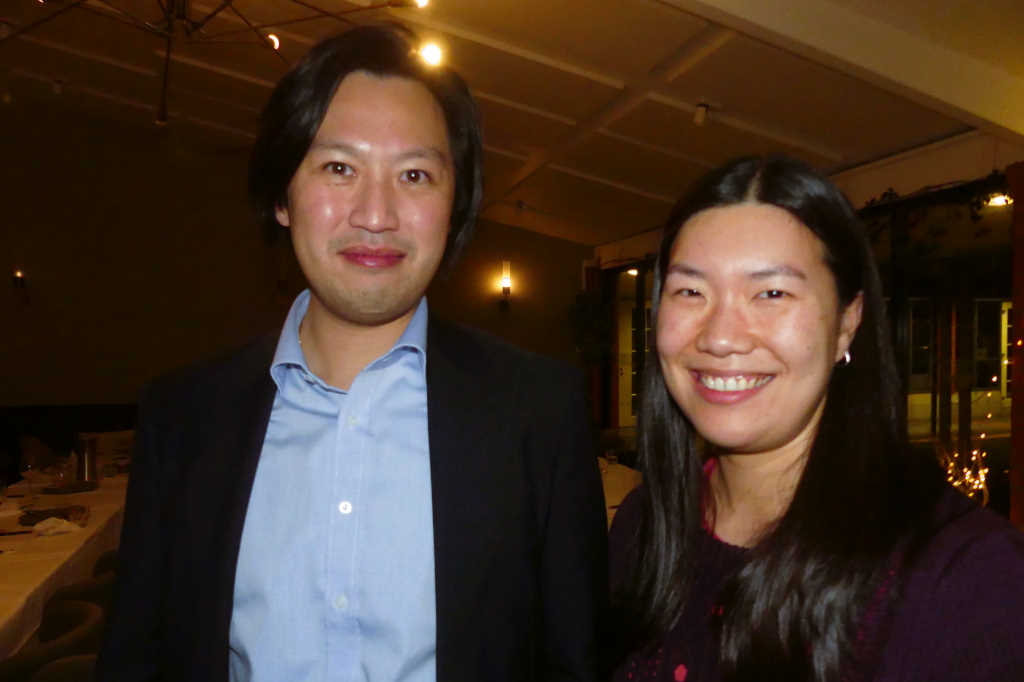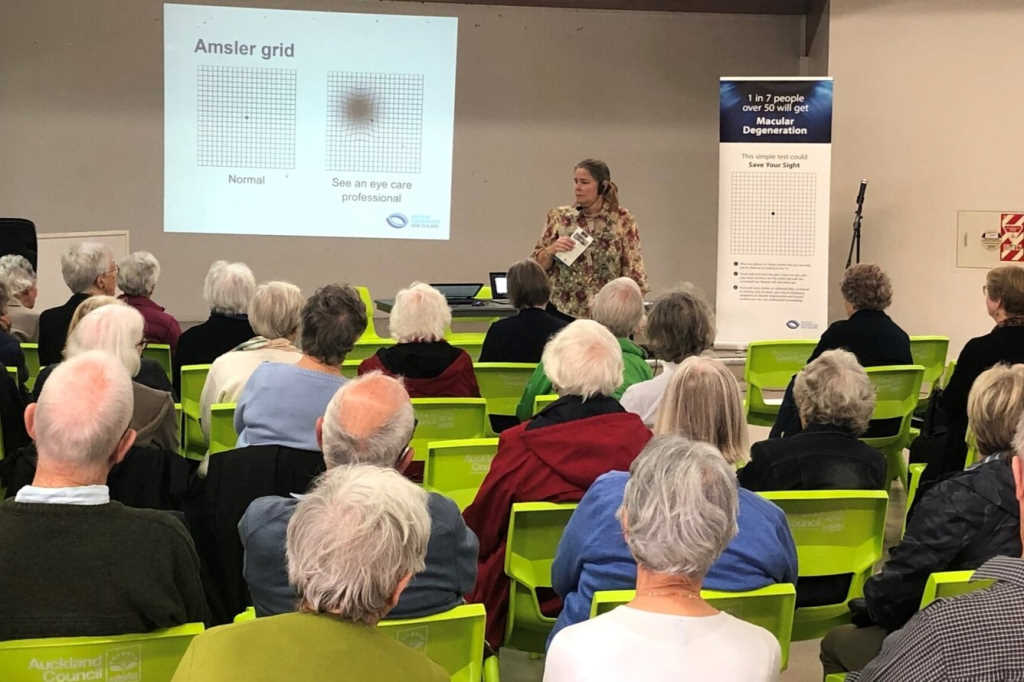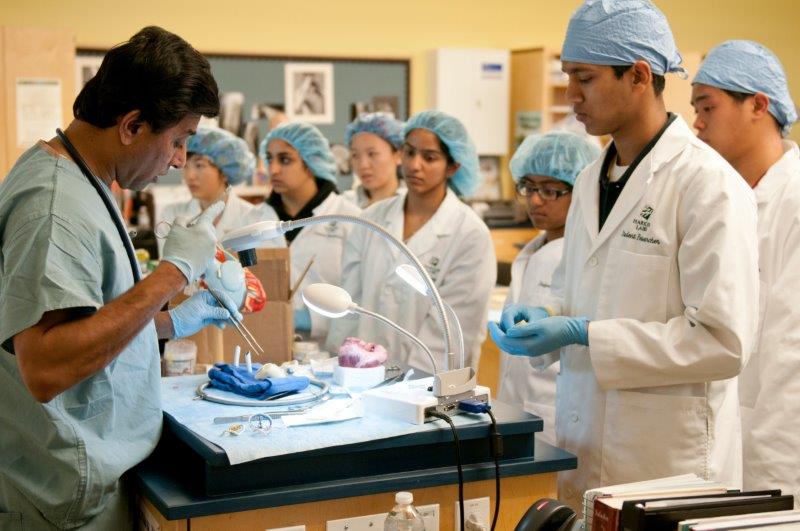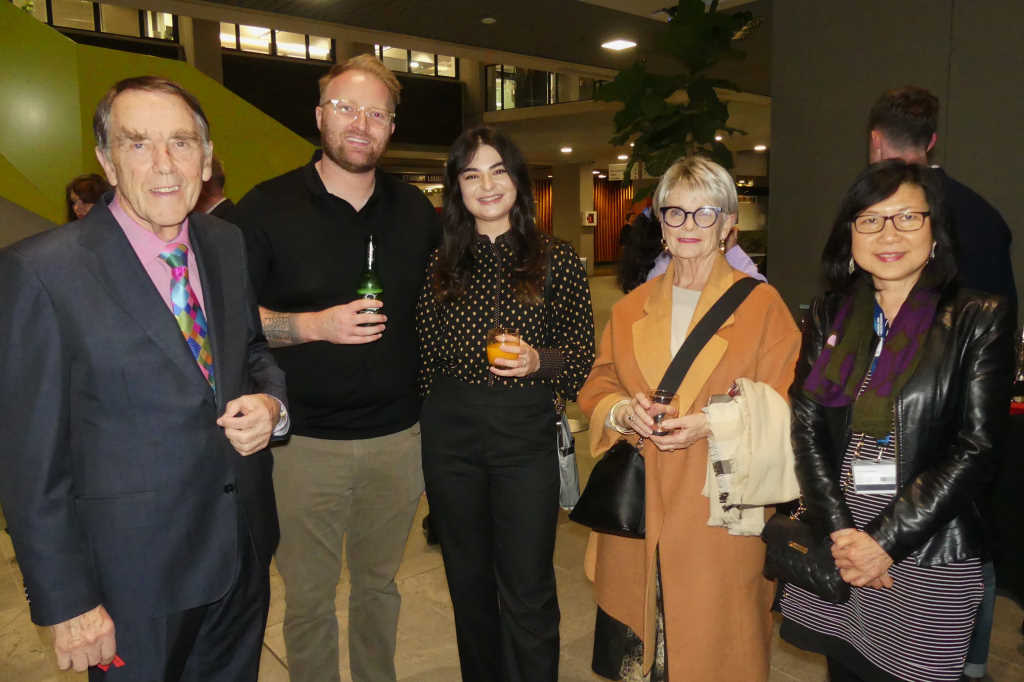Low-carb diet for POAG?
Following a long-term diet low in carbohydrates and high in fat and protein from vegetables may lower the risk of primary open angle glaucoma (POAG) by 20%, a first-of-its-kind study has found.
"A diet low in carbohydrates and higher in fats and proteins, results in the generation of metabolites favourable for the mitochondrion-rich optic nerve head, which is the site of damage in POAG," said author, Professor Louis Pasquale at the New York Eye and Ear Infirmary of Mount Sinai Hospital (NYEE).
This dietary pattern has already shown favourable results for epilepsy and promising results for Parkinson's and Alzheimer's diseases, he said. "It's important to note that a low-carbohydrate diet won't stop glaucoma progression if you already have it, but it may be a means to preventing glaucoma in high-risk groups. If more patients in these high-risk categories, including those with a family history of glaucoma, adhered to this diet, there might be fewer cases of vision loss.”
Prof Pasqaule’s meta-analysis study included 185,000 adult participants (aged 40 to 75) from three large studies in the US between 1976 and 2017. Participants’ eating and drinking habits were assessed every two to four years by way of questionnaires. They also answered questions about their health and what diseases, if any, they might be developing. If they said they had glaucoma, the researchers asked their treating eye care providers to send medical records to determine if they had POAG.
Calculating the relative risk of POAG, adjusting for multiple factors for dietary patterns, including age, race, and body mass index, the analysis showed patients in the low-carbohydrate intake group who followed a diet of increased plant-based fat and protein had a 20% lower risk of developing the POAG subtype with paracentral visual field loss compared with those in the high-carbohydrate intake group.
However, the researchers did not find any association between POAG and a low-carbohydrate diet without accounting for the source protein or fat, and they did not find any association between glaucoma and an animal-based low-carbohydrate diet, suggesting vegetable protein sources may be more beneficial.
"This was an observational study and not a clinical trial, so more work is needed as this is the first study looking at this dietary pattern in relation to POAG. The next step is to use artificial intelligence to objectively quantify paracentral visual loss in our glaucoma cases and repeat the analysis," said Prof Pasquale. "It's also important to identify patients who have a genetic makeup of POAG who may benefit from a low-carbohydrate diet. This dietary pattern may be protective only in people with a certain genetic makeup."














